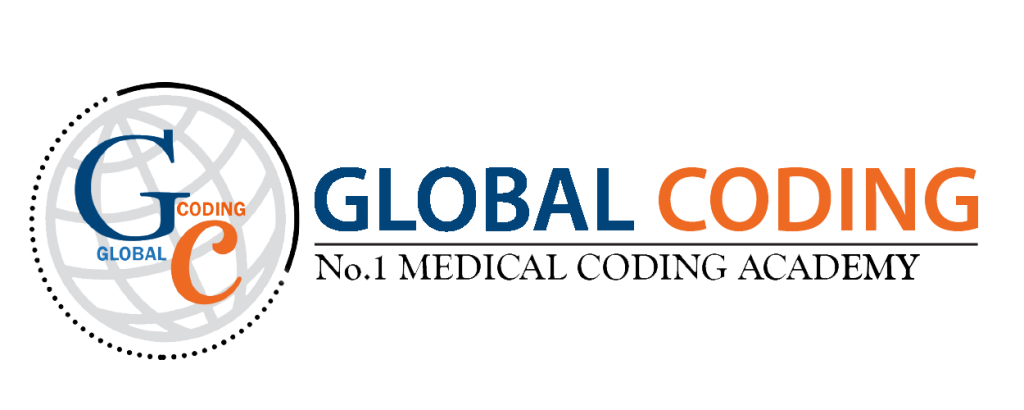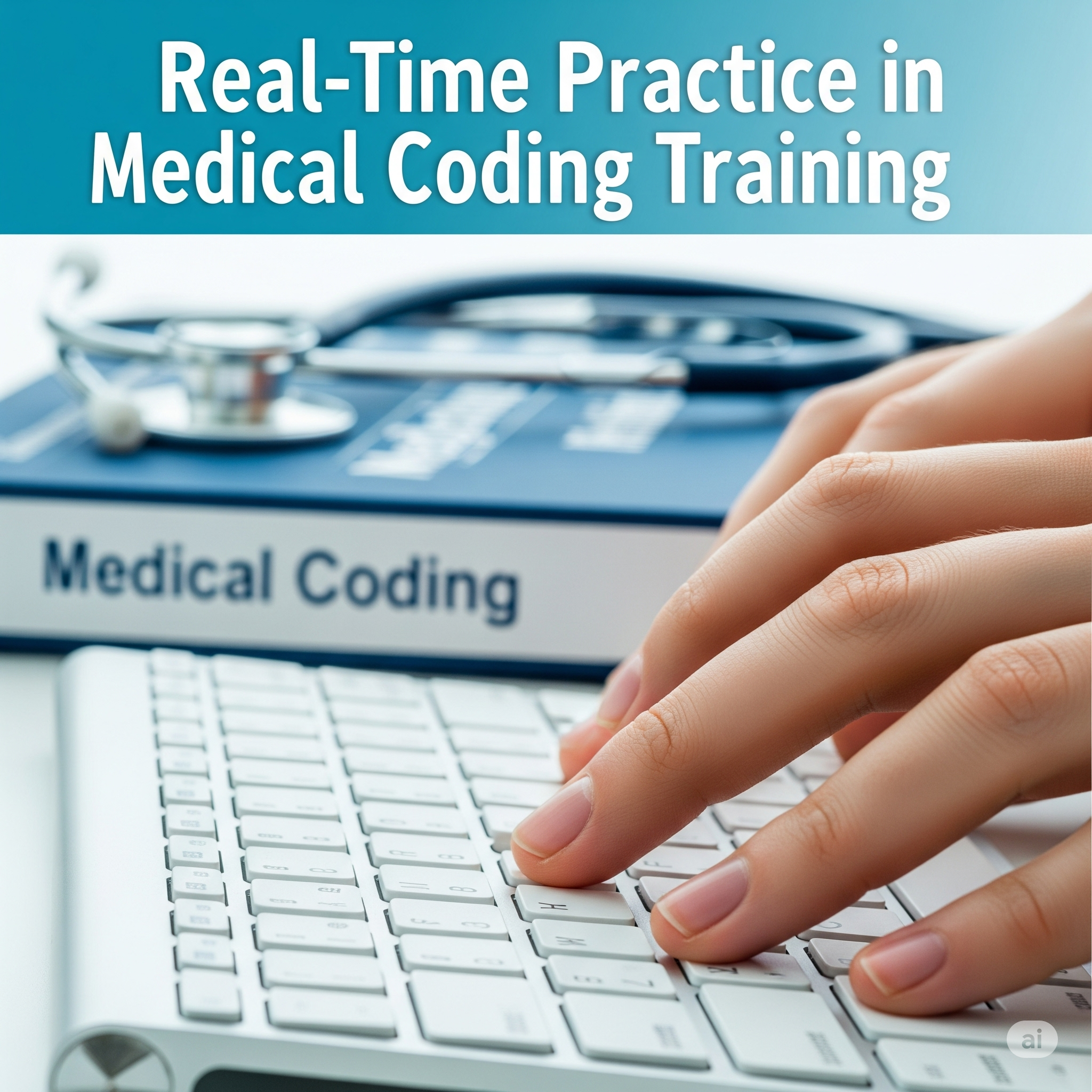Beyond Books: Why Real-Time Practice Makes All the Difference in Medical Coding Training
The Truth About Medical Coding: It’s More Than Just Theory
Medical coding is one of the most in-demand careers in the healthcare industry. But here’s the catch — simply knowing the syllabus isn’t enough. In fact, many students with high theoretical knowledge still struggle in job roles. Why?
Because real-time practice is the game-changer.
Let’s dive into why practical exposure is not optional but essential in 2025 and beyond.
Theory Teaches You “What,” Practice Teaches You “How”
Reading about ICD-10, CPT, and HCPCS codes will teach you the fundamentals. But understanding how to apply them to real patient scenarios — that’s where learning truly begins.
- You face incomplete documentation.
- You learn to apply correct modifiers.
- You navigate real-world compliance rules.
- You understand payer-specific denials.
This hands-on exposure prepares you for the unexpected — something textbooks never show.
Bridging the Gap Between Learning and Working
A major reason why freshers are rejected in interviews? Lack of practical exposure.
- Live coding from sample or anonymized patient charts
- Using real software like EncoderPro or 3M
- Mock audits & error checking
- Working with simulated denial management scenarios
This not only boosts confidence but helps you speak the language recruiters understand.
Understanding Workflow & Speed Expectations
In an actual medical coding job, you’re expected to code with speed and accuracy. Real-time practice helps you:
- Improve code assignment speed under deadlines
- Reduce error rates
- Build consistency in reading charts and coding fast
Theory might give you the what, but only practice teaches the pace.
Common Mistakes You’ll Only Catch in Practice
Even the best students make avoidable mistakes — choosing unspecified codes, missing sequencing rules, or skipping NCCI edits.
Only when you work on real-world coding tasks do these mistakes surface. And once you identify them early, you avoid them on the job.
Why Employers Value Practical Coders
Hospitals and billing companies don’t want coders they have to re-train for 3 months. They want coders who:
- Understand how to code live claims
- Can query doctors with confidence
- Know how to handle audits
- Can use medical coding tools effectively
Practical training gives you that edge.
Final Thoughts
In 2025, the coding industry doesn’t reward those who just study — it rewards those who can apply.
If you’re serious about becoming job-ready, choose an academy that prioritizes real-time, hands-on training alongside your certification prep.
Because beyond books is where real learning — and real careers — begin.

